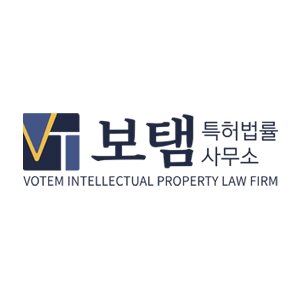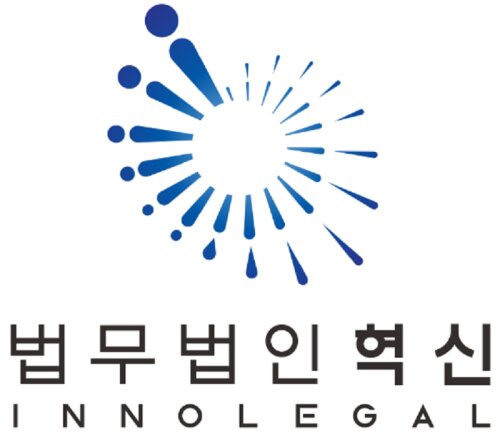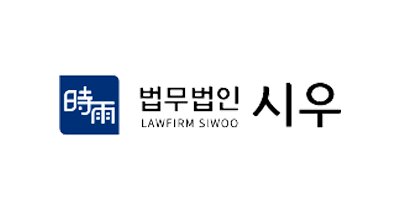Best Agriculture Lawyers in South Korea
Share your needs with us, get contacted by law firms.
Free. Takes 2 min.
Or refine your search by selecting a city:
List of the best lawyers in South Korea
About Agriculture Law in South Korea:
Agriculture plays a vital role in South Korea's economy, with a focus on rice, livestock, and fisheries. The Agricultural Industry Act regulates agricultural activities in the country and aims to promote sustainable development and enhance the competitiveness of the agricultural sector.
Why You May Need a Lawyer:
You may need a lawyer in agriculture in South Korea for various reasons, including disputes over land rights, contract negotiations with agricultural suppliers or customers, regulatory compliance issues, or seeking legal advice on setting up a farming business.
Local Laws Overview:
Key aspects of local laws relevant to agriculture in South Korea include regulations on agricultural land use, water resource management, pesticide use, livestock welfare, food safety standards, and trade agreements impacting agricultural exports and imports.
Frequently Asked Questions:
1. Can foreigners own agricultural land in South Korea?
Foreigners are generally prohibited from owning agricultural land in South Korea, but they can lease land for a certain period.
2. What are the regulations on GMOs in South Korea?
South Korea has strict regulations on the import and use of genetically modified organisms (GMOs) in agriculture to ensure food safety and environmental protection.
3. How can I apply for government subsidies for my farm?
You can apply for government subsidies for your farm by meeting the eligibility criteria and submitting the required documents to the Ministry of Agriculture, Food, and Rural Affairs.
4. What are the legal requirements for organic farming in South Korea?
Organic farming in South Korea must comply with the Organic Agriculture Act and receive certification from authorized organizations to use the "organic" label.
5. How can I resolve disputes with agricultural suppliers or buyers?
You can resolve disputes with agricultural suppliers or buyers through negotiation, mediation, arbitration, or litigation with the assistance of a lawyer specializing in agriculture.
6. Are there specific labor laws for agricultural workers in South Korea?
Agricultural workers in South Korea are covered by the Labor Standards Act, which sets out regulations on wages, working hours, holidays, and occupational safety and health.
7. What are the penalties for violating agricultural laws in South Korea?
Penalties for violating agricultural laws in South Korea can include fines, suspension of business operations, or criminal charges, depending on the severity of the violation.
8. Can I transfer my agricultural land to my heirs?
You can transfer your agricultural land to your heirs according to the inheritance laws of South Korea, which may require obtaining legal advice to ensure a smooth transfer process.
9. How can I protect my intellectual property rights in agriculture?
You can protect your intellectual property rights in agriculture by registering patents, trademarks, or copyrights for new plant varieties, agricultural technologies, or branding of agricultural products.
10. What are the legal implications of exporting agricultural products from South Korea?
Exporting agricultural products from South Korea involves compliance with international trade agreements, customs regulations, sanitary and phytosanitary standards, and labeling requirements to access foreign markets legally.
Additional Resources:
For legal advice on agriculture in South Korea, you can contact the Korean Bar Association, the Ministry of Agriculture, Food, and Rural Affairs, or agricultural law firms specializing in representing farmers, agribusinesses, and agricultural organizations.
Next Steps:
If you need legal assistance in agriculture in South Korea, consider consulting a lawyer with expertise in agricultural law to assess your legal needs, protect your rights, and navigate the complexities of agricultural regulations effectively.
Lawzana helps you find the best lawyers and law firms in South Korea through a curated and pre-screened list of qualified legal professionals. Our platform offers rankings and detailed profiles of attorneys and law firms, allowing you to compare based on practice areas, including Agriculture, experience, and client feedback.
Each profile includes a description of the firm's areas of practice, client reviews, team members and partners, year of establishment, spoken languages, office locations, contact information, social media presence, and any published articles or resources. Most firms on our platform speak English and are experienced in both local and international legal matters.
Get a quote from top-rated law firms in South Korea — quickly, securely, and without unnecessary hassle.
Disclaimer:
The information provided on this page is for general informational purposes only and does not constitute legal advice. While we strive to ensure the accuracy and relevance of the content, legal information may change over time, and interpretations of the law can vary. You should always consult with a qualified legal professional for advice specific to your situation.
We disclaim all liability for actions taken or not taken based on the content of this page. If you believe any information is incorrect or outdated, please contact us, and we will review and update it where appropriate.
Browse agriculture law firms by city in South Korea
Refine your search by selecting a city.















